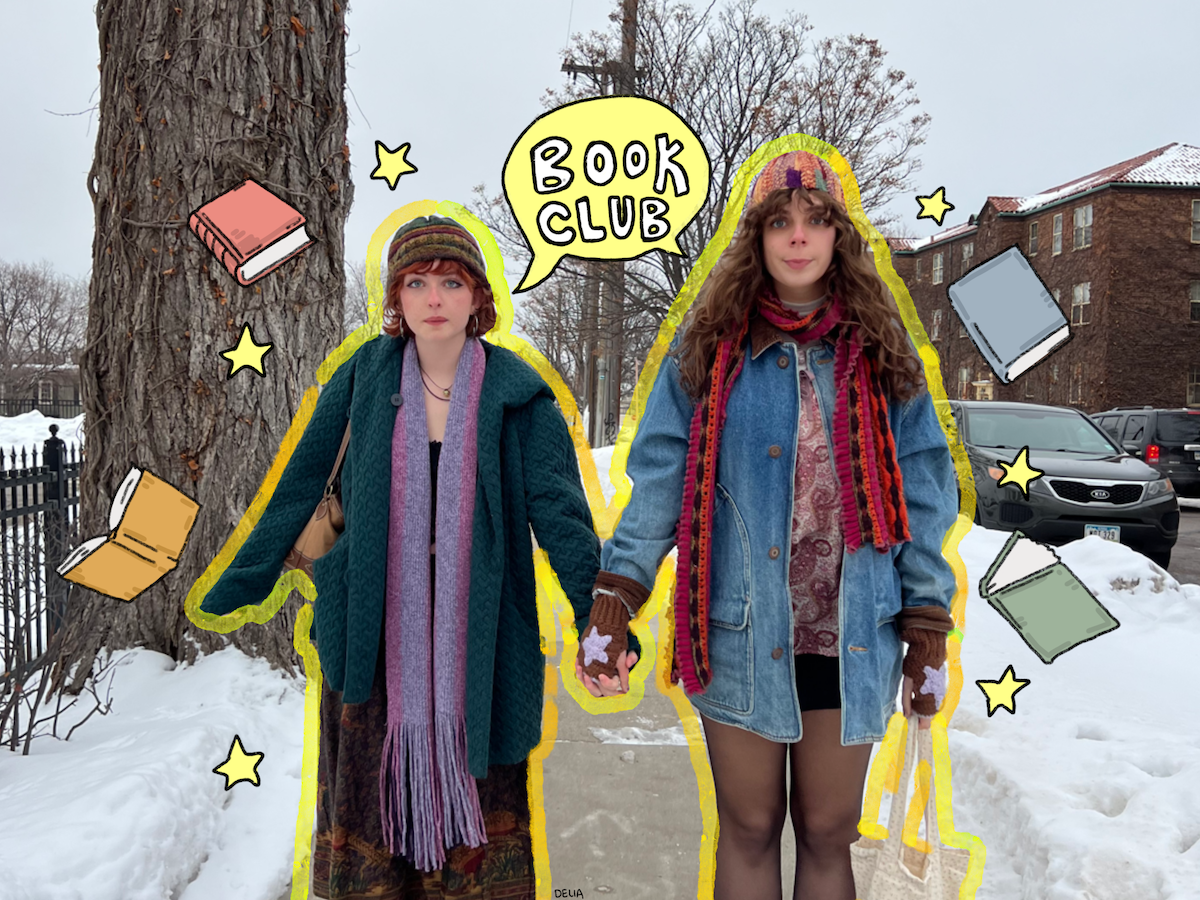This past week while scrolling through my social media, I was surprised to see a large number of posts regarding banned books and the increase in censorship around the United States. Regrettably, I have never looked into the ins and outs of banned books or even what their purpose was until now.
I did my research, however, and was baffled at the results. According to Wikipedia, banned books consist of any printed media that is not permitted by law. This includes any sort of censorship the government deems necessary, from political and legal to moral and religious.
Now, I don’t think it would surprise anyone what kind of titles I was seeing come across as the most banned. Most were young adult or children’s books focused on political and social hot-button topics. Some were simply stories of experiences and nuanced opinions.
PEN America was a great resource for this research, as they had handy graphs and statistics. The thing that irked me the most was the number of books that were banned based on gender, sexuality, race and religion.
Over 30% of banned books have themes of race and/or gender/sexuality. I have to wonder if this theme has less to do with a need to shelter our kids from hard topics or if it is simply a shielded bigotry practice.
I wondered afterward if there was a correlation between more conservative states and the amount of banned books. PEN America notes that 88% of book bans happen in republican states.
I don’t know why any book has to be banned. If more religious or conservative topics can be published and given to children, then the other liberal and secular versions of these subjects should be just as valid.
So many of the books on these banned lists are influential to my personal development and my love for reading. Toni Morrisson, who has been considered one of the most impactful writers of the modern age, is one of my first choices for this argument.
Her works are known for their sharp imagery and distinct detail and have been recognized with nominations for the Pulitzer Prize and the National Association for the Advancement of Colored People.
Despite her accolades, I see her titles come up on almost every banned book list online. I can see an argument for “The Bluest Eye,” because of the sexually explicit language and themes of child abuse.
However, that strong judgment should then be applied to every book, regardless of their political leaning.
That being said, according to Public Broadcasting Service the other reasons for the banning of this book range from socialist agendas to it being considered just an overall bad book.
Even so, the book has so many opportunities to teach and learn. The PBS article titled “BANNED: The Bluest Eye” does a wonderful job explaining the need for controversial books to be taught in schools.
This conversation is tricky, because similarly to the internet and everything that kids these days can find through a couple of clicks, there is no real way to shield your kids or young adults from the ideas you don’t like.
I would rather have our youth learn about the diverse ways people live and think in a safe environment, like a classroom or a book. I don’t think there is any harm in showing kids and teens what the real world looks like.
I think there is danger in throwing young adults out into the world without educating them on what to expect. This is what causes fear, which ultimately causes bigotry. So this month, try and pick up a book from the banned list, the danger is in the unknown.
Brandel can be reached at [email protected].








